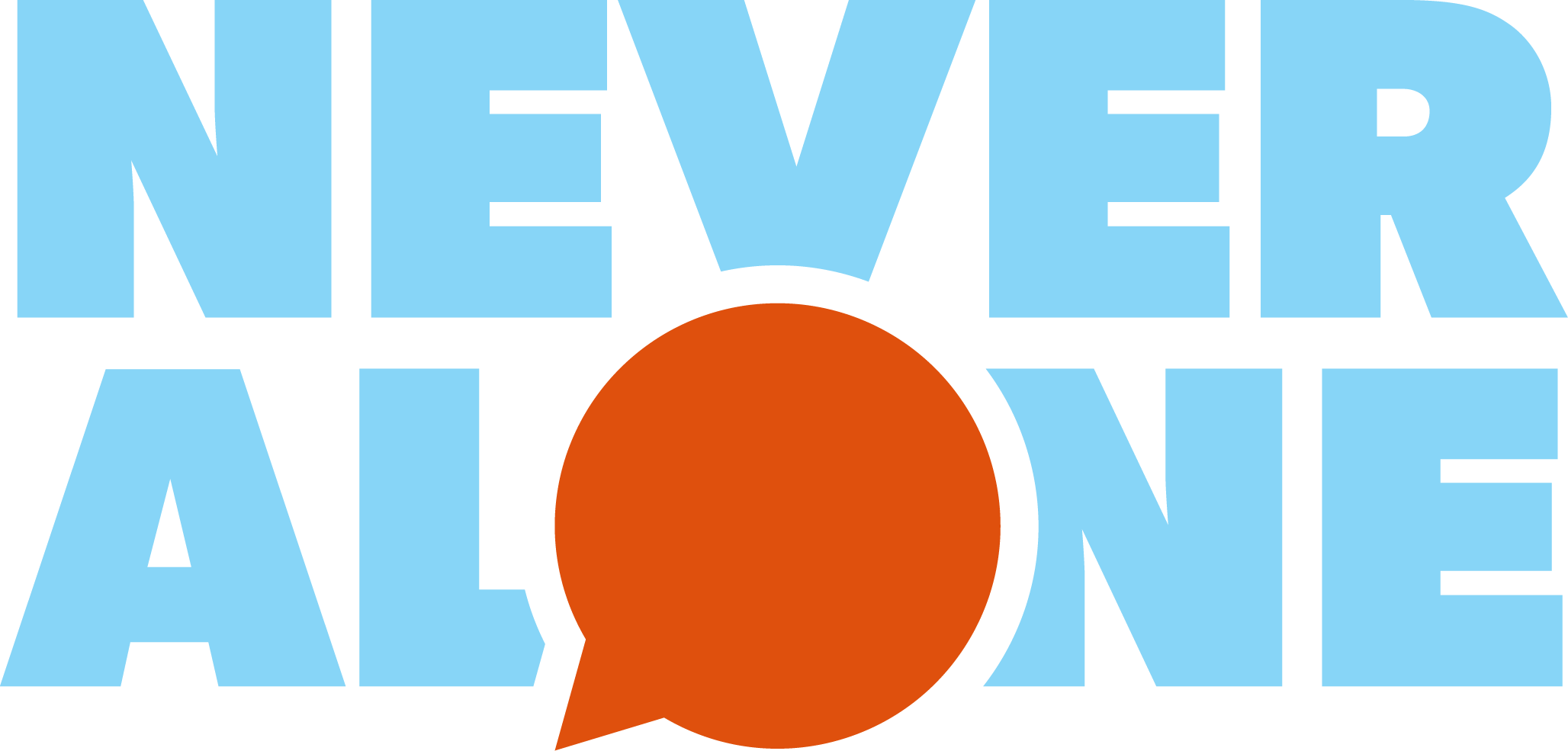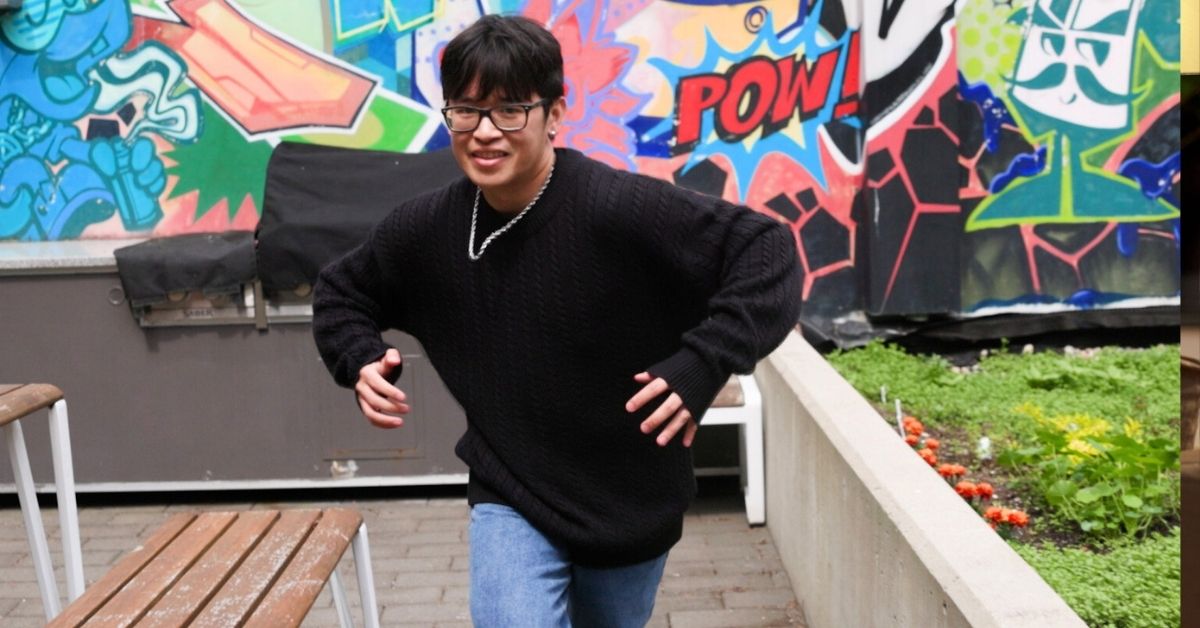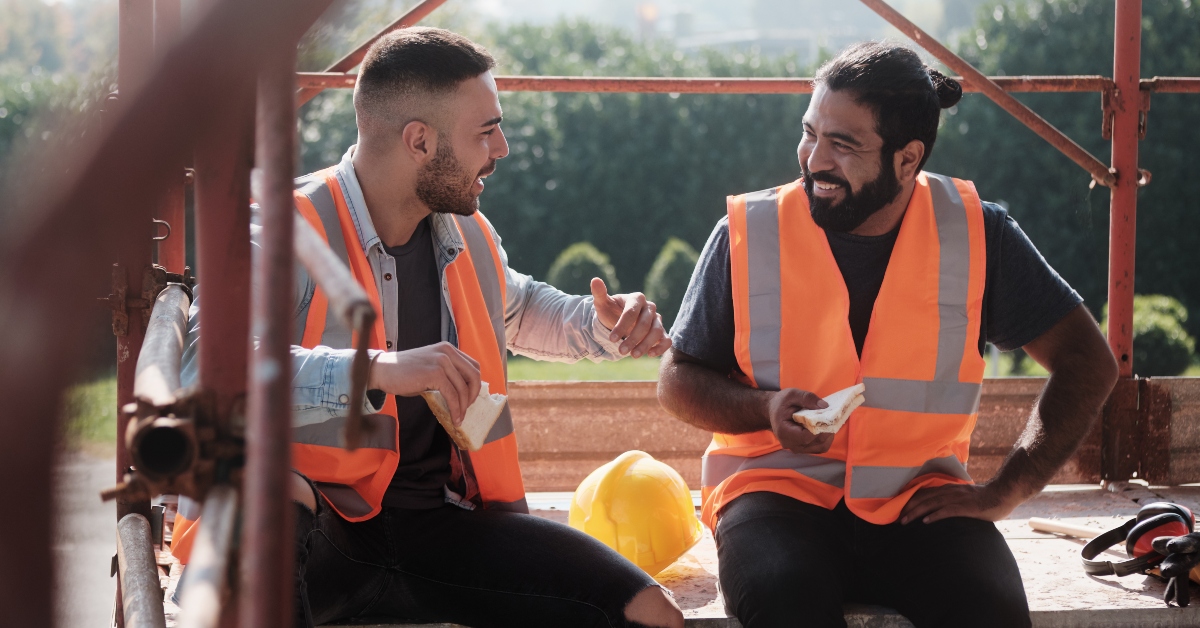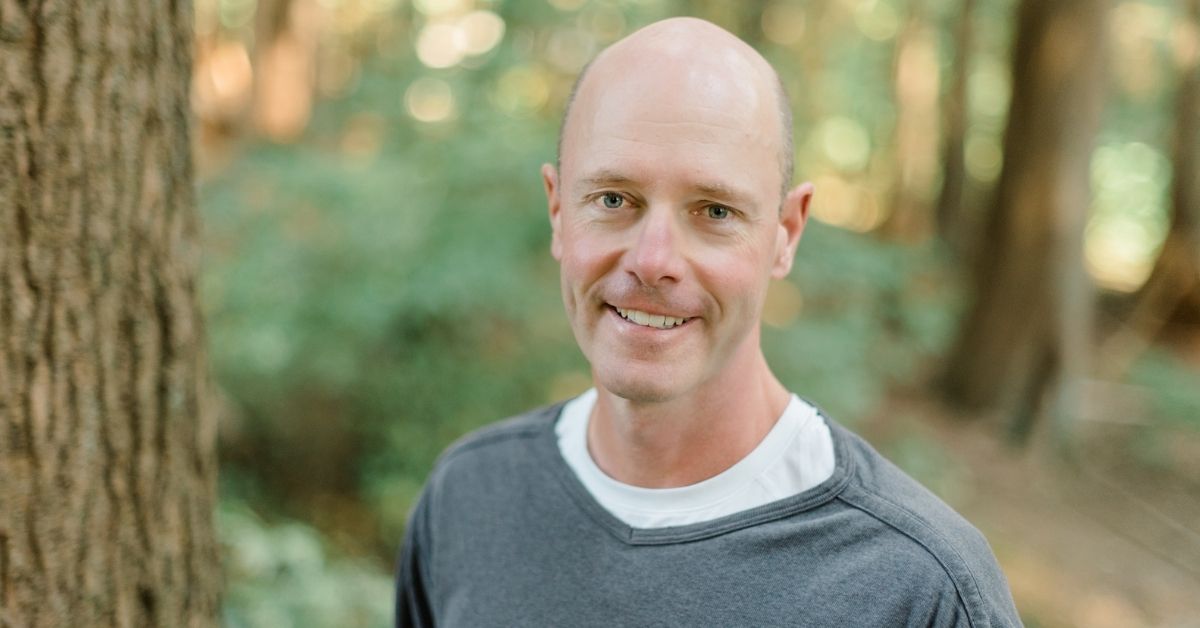When 20-something job-hunter Danny Tran spotted an online ad for Foundry, a province-wide network that provides free health and wellness services for BC youth ages 12-24, he hesitated. Why? Because the ad mentioned ‘mental health’. In his mind, he only needed help with starting a professional career.
“I didn’t know whether I met the criteria, and that stopped me,” the Vancouverite recalls. “I thought: Am I this type of person? Should I reach out? Or should I just do my own thing?”
It’s a feeling many young men recognize. In a culture that often encourages guys to tough it out, asking for support can feel like an admission of failure or a luxury reserved for someone in a full-blown crisis.
New research from the Canadian Men’s Health Foundation (CMHF) reveals that two-thirds of Canadian men aren’t seeking professional mental health support, despite 64% reporting moderate-to-high levels of stress, 23% at risk of moderate-severe depression, and 67% of men aged 19-29 at risk of social isolation.
Danny’s story shows you don’t have to hit rock bottom to get help. In fact, reaching out early can unlock growth, confidence, and a stronger sense of self. Ultimately, it led Danny to a community that helped him find his voice, rebuild his confidence, and connect with others in ways he never expected.
Rethinking masculinity and asking for help
Danny went to school for kinesiology but was studying at home to learn computer science to break into the tech world. He was also dealing with personal and family stress, and like many people in their twenties, wrestled with uncertainty, comparison, and pressure to achieve.
When asked if it was hard to reach out for help, Danny shares, “It was sort of like accepting that there’s an issue, that there’s a problem. And that brings a bit of hesitation. If the looking-for-work piece wasn’t there, I would have been much more hesitant.”
As a Vietnamese-Canadian, Danny says cultural and family expectations also shaped his beliefs about support. Growing up, mental health wasn’t something openly discussed. Career success, on the other hand, was a hot topic. Even casual comparisons, like relatives pointing out how well another cousin was doing, added up over time. Danny, like so many men, internalized the belief that asking for help wasn’t an option.
Finding his voice
When Danny connected with Foundry’s Work & Education program, he expected career guidance. What he got was something far more meaningful.
“They went above and beyond and gave me all the other services attached to career help,” Danny explains. “I worked with an occupational therapist. They were very open about what I needed. So basically, we met up on Zoom. I was very shy at the time, very uncomfortable. We messaged each other for an hour, and it really helped me become unfiltered and explain my situation.”
That interaction changed things. “It finally felt like somebody was in my corner and supporting me. I didn’t feel alone with all my problems, all my issues, all the stress I was facing.”
Danny says that the simple act of feeling heard helped him “find his voice,” a phrase that, to him, means empowerment.
“Finding my voice is about feeling like I’m happy with the direction my life is going,” he says. “As I accomplished different milestones, I felt like I could start steering my life in the direction I wanted.”
Instead of chasing expectations, Danny began focusing on what mattered to him. “I was able to stop worrying and stressing too much about what other people told me I should do, and focus more on what I wanted to do. Now, I’m confident in myself to just keep going in that direction.”
Dance as a path to growth
A turning point for Danny came when he picked up dance. “At the beginning, dance felt like a very vulnerable thing. I’d see people dance online, I’d see people dance in person, and I’d think, ‘they’re so cool. I could never do that.’”
But after four months of searching for a meaningful hobby, he gave it a shot. “Dance has given me the chance to challenge myself, grow and look inward.”
He explains that dance helps him express emotions he’d previously bottled up. “It’s about allowing yourself to be happy, to be sad, to be angry, and not just shutting off certain emotions because they’re deemed negative or unmanly.”
Small steps, big results
Danny’s also a fan of making the kind of small, sustainable changes that have helped him lose 40 pounds and transform how he approaches life. Instead of overhauling everything, he made simple tweaks. “Maybe putting less on my plate, maybe noticing that when I’m full, I can just store leftovers for another meal.”
Those same small changes carried over into his broader mindset. “I feel a lot healthier and happier. I used the same small changes for other parts of my life: sleeping better, for example, and being on time.”
Building a support system takes work
Today, Danny has a tight network of support, but it didn’t fall into place on its own. From rekindling high-school friendships to showing up for his dance community, Danny says it’s about effort. “If we don’t make plans to go out and meet each other, we just never will. So we try to do something every month, and it makes us all accountable.”
Even his relationship with his partner requires ongoing care. “We have to constantly put effort and work into it. We can’t assume that everything’s gonna be good, everything’s gonna work out. It always requires effort and work.”
If there’s one message Danny wants other young men to take away from his story, it’s this: You don’t need to be in crisis to ask for help. You don’t need to have everything figured out. Reaching out when you’re feeling off can lead to powerful change—and show you that you’re not alone.
Support from Foundry helped Danny discover a sense of community through dance, improve his work-life balance, build healthier daily habits, and grow into a more confident, grounded version of himself.
Foundry is part of the Integrated Youth Services (IYS) network—a Canada-wide group of providers for young people. If you’re between 12 and 25 and looking for help with mental health, substance use, sexual health, social connection, life skills, school, or work, there are services near you. Find youth support near you.
Where did you find your community? We’d love to hear your story in the comments below.


Join guys across Canada talking about the tough stuff and getting tools to build better mental health. June is Men’s Health Month.






Let’s Talk!
Did you enjoy this article? Let us know in the comments.
0 Comments